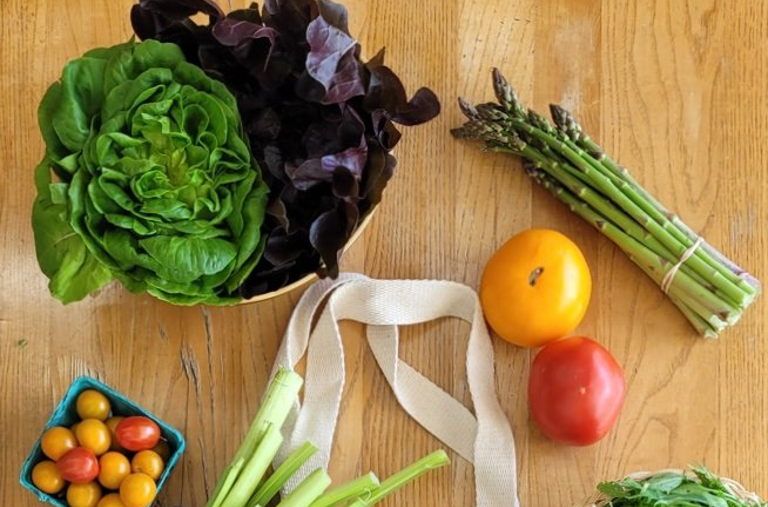Enter the small-farm-supporting grocery store, otherwise known as a Farm Stop. A Farm Stop is a mission-driven entity that supports small-scale farmers by sourcing agricultural products from nearby producers, and by operating on consignment. Most people, when they hear the word “consignment” think of clothing or antique stores, but it can also be applied to sourcing local agricultural products, supporting small-scale farmers, and strengthening local food systems. A good example is the Argus Farm Stop in Ann Arbor, Michigan. This year-round grocery store works with over 200 local farmers and producers. Argus gives the producers they work with 70 percent of the retail price, and takes a 30 percent commission to maintain its operations. This ensures that farmers get the real value for their products.
…click on the above link to read the rest of the article…
